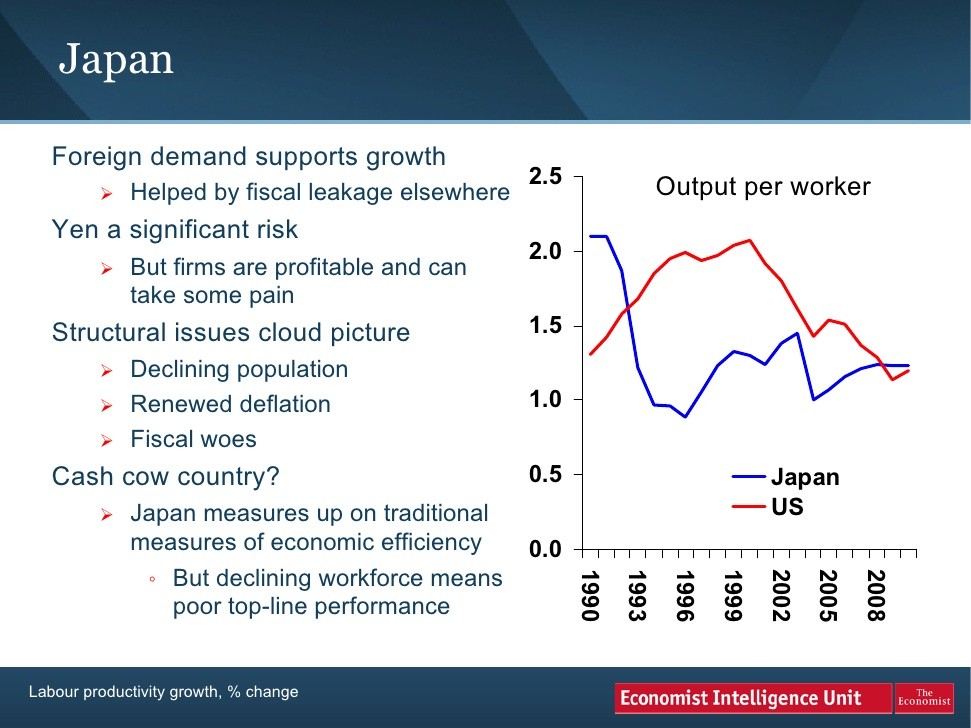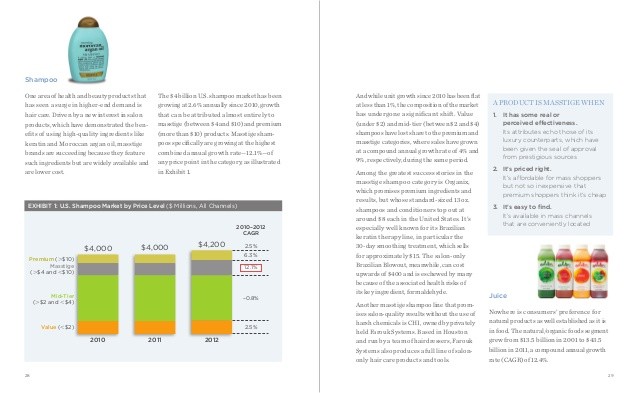Japan sees surge in software demand October 4 2001
Post on: 15 Август, 2015 No Comment

By CNN’s Kristie Lu Stout
TOKYO, Japan (CNN) — The Bank of Japan’s tankan survey painted a bleak economic picture, but it also revealed strong forecasts of IT spending.
According to the quarterly survey, investment in software and information services by large enterprises in Japan is expected to surge 14.5 percent this fiscal year to March 2002.
An earlier estimate in March had pegged that growth at only 3.8 percent. Industry watchers say the survey confirms that Japanese corporates are budgeting for more software spending.
Attractive valuations
A number of these Japanese companies have seen their order books fill up, said Comgest senior fund manager Chakara Sisowath. And sales will be growing by the end of the year.
It’s a very profitable business and will be growing. Since share prices have been battered down in the past, valuations are currently very attractive and that’s why we are investing in them now.
Sisowath is eyeing stocks in Japanese software services like Nippon System Development, CTC, Hitachi Software Engineering and Fujitsu subsidiary FSAS. He says these project solid earnings and high growth potential.
Many Japanese software stocks bottomed out in mid-September and have since surged in value.
For example, Hitachi Software Engineering’s share price has gained 40 percent since September 10.
Despite the gloom, corporate Japan is demanding services for systems development and systems integration.
Companies are investing more in IT because it is essential for enhancing competitiveness, CTC president Osamu Goto told the Nihon Keizai Shimbun business daily.
CTC expects to see an 18 percent rise in sales for the current fiscal year, and claims to be suffering a talent shortage.

The software firm last year posted sales of 302.8 billion yen ($2.5 billion), up 45.5 percent on the previous year.
FSAS and Hitachi Software Engineering also expect double-digit earnings growth this financial year.
The strong demand for software services is being largely fueled by the sweeping restructuring efforts in Japan’s corporate sector.
A lot of Japanese corporations, insurance companies have restructured their operations, and banks have merged, said Sisowath.
During the course of mergers, they’ve realized that their computer systems are not compatible. That’s why they plan to increase the spending.














